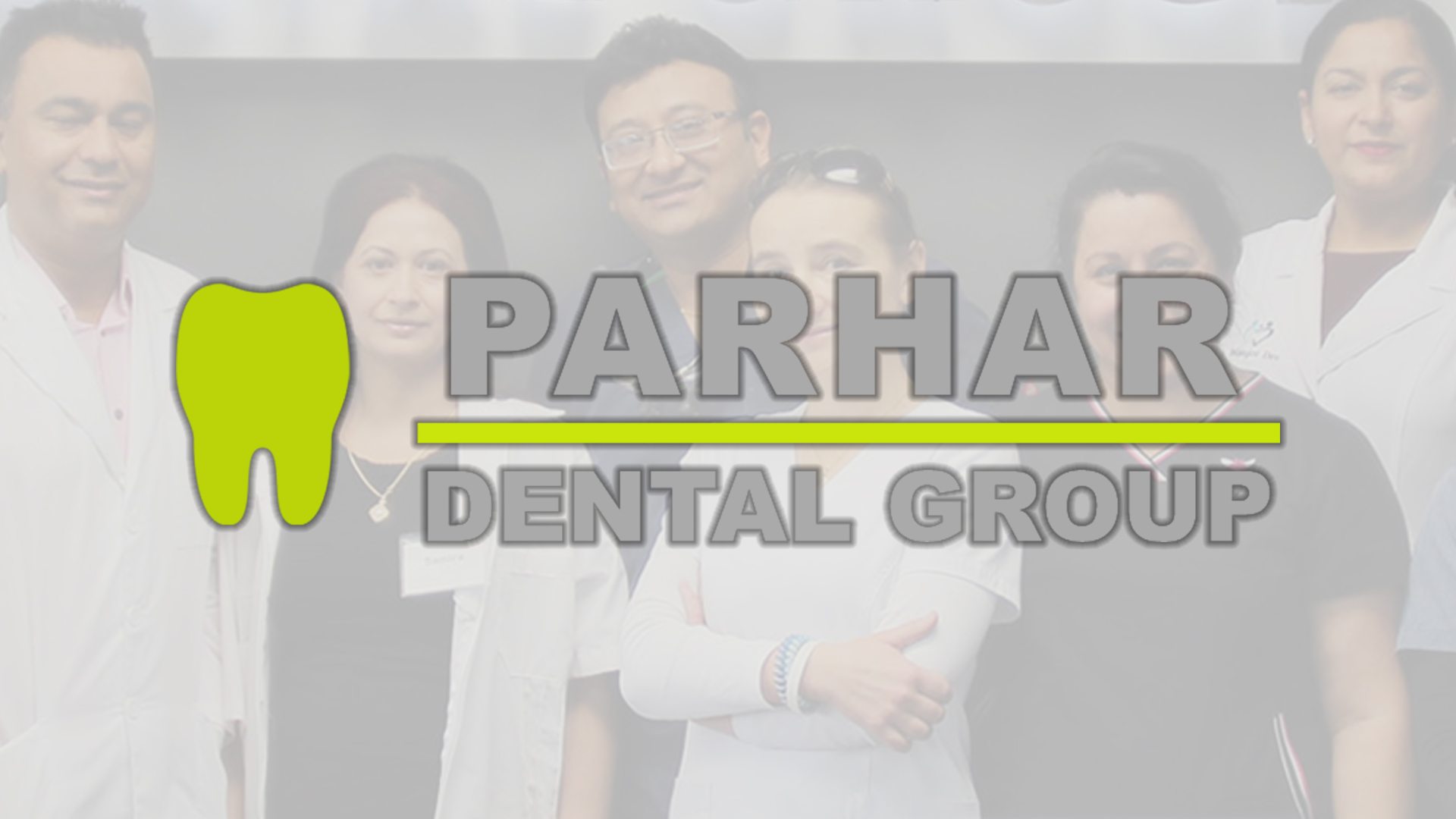DO ANY OF THESE SCENES LOOK FAMILIAR TO YOU ?
Does someone in your household snore causing a disturbance? Has someone in your household been prescribed a CPAP (air mask worn over your nose and mouth when you sleep) that is now sitting in the garage or closet? The number one treatment recommended by the medical community for Sleep Apnea is the CPAP. It has good results, but unfortunately, the CPAP has a high rejection rate. So the next best solution, as proposed by the medical community, is a dental appliance designed to keep your airway open.
The most common symptoms of obstructive sleep apnea (OSA) that you may notice include:
- Excessive Sleepiness during Daytime.
- Waking with an unrefreshed feeling after sleep, having problems with memory and
- concentration, feeling tired, and experiencing personality changes.
- Morning or night headaches.
- Heartburn or a sour taste in the mouth at night.
- Swelling of the legs.
- Getting up during the night to urinate (nocturia).
- Sweating and chest pain while you are sleeping.
Symptoms of sleep apnea that others may notice include:
- Episodes of not breathing (apnea), which may occur as few as 5 times an hour (mild apnea) to more than 50 times an hour (severe apnea). How many episodes you have determines how severe your sleep apnea is.
- Loud snoring. Almost all people who have sleep apnea snore, but not all people who snore have sleep apnea.
- Restless tossing and turning during sleep.
- Night time choking or gasping spells.
Symptoms in children:
- In children younger than 5, symptoms include snoring, mouth breathing, sweating, restlessness, and waking up a lot.
- In children 5 years and older, symptoms include snoring, bed wetting, doing poorly in school, and not growing as quickly as they should for their age. These children may also have behavior problems and a short attention span.
- Children who have sleep apnea nearly always snore. But they may not appear to be excessively sleepy during the day (a key symptom in adults). The only symptom of sleep apnea in some children may be that they do not grow as quickly as they should for their age.
Traditionally, obstructive sleep apnea is treated by a CPAP machine. A CPAP machine consists of a mask that fits on the patients face as they sleep while a machine provides a continuous stream of air flowing. This keeps the soft tissue from relaxing and blocking the air passage. Unfortunately, only approximately half of sleep apnea sufferers can tolerate the CPAP machine.
Parhar Dental Care offers a more comfortable method of treatment. Recently, simple mouth guards have proven more successful at treating sleep apnea and they are easier to tolerate, for many, than CPAP. A sleepguard holds the bottom jaw forward during sleep, keeping the airway passage open. This allows the patient to get a good night’s sleep without having to wear a mask.
Dr. Pannu is committed to providing patients with the best, most advanced treatments for their sleep apnea disorder. He is an active member of the American Academy of Dental Sleep Medicine and attends their annual meeting each year.
If you believe you suffer from sleep apnea, the team at Parhar Dental Care can help. Our dentists and dental specialists serve patients in Cupertino, San Jose, Fremont, and Dublin, CA. We care about your comfort and quality of life. If you’d like to know more about how we can treat sleep apnea, call the Parhar Dental Care closest to you.
In a recent blog post, we discussed the dangers of sleep apnea. This sleeping disorder is most often associated with snoring, but is also very dangerous in some cases. Obstructive sleep apnea can keep you from getting a good night’s sleep and causes grogginess during the day.
Twelve million Americans, or 4.5% of the population, suffer from sleep apnea. However, as many as 10 million more aren’t aware they have it. The condition occurs when the soft tissues in the mouth and throat blocks the air passage. As you can imagine, it’s never a good thing to have your air passage blocked! Premature death has resulted as a result of sleep apnea in rare cases. The team at Parhar Dental Care is trained to address sleep apnea and help you rest comfortably at night.
Dr. Pannu and his trained staff have extensive experience with advance screening tools for sleep apnea and snoring. For a total evaluation of the upper airway, Parhar Dental Care is equipped with the Eccovision® Acoustic Pharyngometer and Rhinometer. The Pharyngometer and Rhinometer are a non-invasive, fast and easy, office based system that tests the air and nasal passageways. By using acoustic reflection technology, which is similar to a ship’s sonar, sound waves are sent through the air and nasal passageways to clearly identify the location and severity of any obstruction. The test is complete within minutes.
After the results from the Pharyngometer and Rhinometer are produced, the study is then concluded with the Embletta® X100, a sleep study device. The Embletta® X100 is worn during sleep and uses advanced digital technology to produce sleeping pattern data. This information that comes from the device is then uploaded to a sleep physician who can interpret the final results. If it is discovered that the patient does indeed suffer from sleep apnea, the physician will then prescribe treatment.

